How To Get Better Ping in Australia: 9 Simple and Effective Solutions
5 min. read
Updated on
Read our disclosure page to find out how can you help Windows Report sustain the editorial team. Read more

Are you wondering how to get a better ping in Australia? You’re at the right place, then. High ping can be a frustrating barrier to enjoying online gaming, streaming, or video conferencing. The challenge can be even greater for Australians due to distanced servers, poor or crowded networks, background apps, etc.
Luckily, you can reduce your latency in a few simple steps, so stay tuned!
How To Get Better Ping in Australia
Before doing anything else, try these straightforward fixes:
- Restart your router, PC, or consoles.
- Try servers that are closer to you.
If these didn’t work, proceed to the real guide.
Add Exception on Firewall
Firewalls are essential for protecting your computer from malicious attacks, but they can also interfere with your internet connection and increase your ping. Adding exceptions for your games or applications in your firewall settings can help reduce latency.
To do this:
- Type “control panel” on the search button beside the Windows icon then click Enter.
- Tap “System and Security.”
- Select “Windows Defender Firewall.”
- Click “Advanced Settings.”
- Pick “Inbound Rules.”
- Click “New Rule.”
- Tap “Program” then click Next.
- Click on the Browse button, select the app you want to exempt, and tap Next.
- Select “Allow the connection” then tap “Next.”
- Determine when to apply the rule: domain, private, or public. Then click the Next button.
- Add name and description, then tap Finish.
Use a VPN
A VPN can help improve your ping by providing a more direct route to the game server to shorten the data travel distance. Ensure you pick a high-quality VPN with servers in strategic locations and low-latency connections.
I’ll use ExpressVPN for this example because it has servers in 105 countries.
Here’s how to do it:
- Go to the official ExpressVPN website, create an account, and subscribe.
- Download an app that’s compatible with your device.
- Launch the app, add your credentials, and tap Continue.
- Tap on the three dots and select a location near the game’s server to lower the ping.
If you’re using other VPNs like CyberGhost, select gaming or streaming-optimized servers. They can help you get a lower ping for such activities. Cool, right?
Use an Ethernet Cord
A wired connection provides a direct link to your router, offering more stable and faster data transmission. Wi-Fi connections can be subject to physical obstructions, and signal degradation over distance.
An Ethernet cord, on the other hand, eliminates these variables and ensures a consistent and lower-latency connection.
Minimize Devices on Your Network
If multiple devices are connected to your network and using bandwidth simultaneously, your ping can rise. To reduce congestion, disconnect devices that aren’t in use.
By freeing up bandwidth, more of your internet connection will be dedicated to the activity that requires low ping.
Quit Apps in the Background
Applications running in the background can consume valuable bandwidth and increase your ping. You can close them using your Task Manager. It’ll allow your device to focus on the task at hand, thus reducing your ping.
Here’s what to do:
- Press Ctrl + Shift + Esc on Windows to open the Task Manager.
- Right-click on the apps and tap End task.
Flush the DNS
Flushing your DNS can help resolve network issues that may be causing high ping. Sometimes, the DNS cache can become corrupted or outdated, leading to connectivity issues.
Follow the below steps:
- Type cmd on the search button beside the Windows Icon and tap Enter.
- Select “Run as administrator.”
- Type ipconfig /flushdns and hit Enter.
Upgrade Your Router
An outdated router can slow down your internet connection, resulting in a higher ping. Investing in a high-quality model can make a difference.
Look for routers that support the latest Wi-Fi standards like Wi-Fi 6 or 7 and have features designed to reduce latency like Quality of Service (QoS) settings. It’ll allow you to prioritize gaming traffic over other types of data.
Adjust Your Game Settings
In-game settings can also affect your ping and overall performance, but only if your computer is struggling to keep up with the game specs. Lowering your graphics settings can reduce the load on your system. It’ll improve performance and reduce input lag.
Additionally, some games offer specific settings to reduce latency, such as disabling V-Sync or reducing the maximum frame rate.
Experiment with these settings to find the optimal balance between visual quality and performance.
Bonus Tips
If all else fails, try these solutions:
- Upgrade your internet plan.
- Contact your Internet Service Provider.
- Change your ISP.
So, now you know how to get a better ping in Australia! You can try multiple approaches, from optimizing your home network to making smart choices about servers and settings. These steps will help you enjoy a smoother online experience, whether you’re gaming, streaming, or working.
If you have any extra suggestions, feel free to share them in the comments below.



















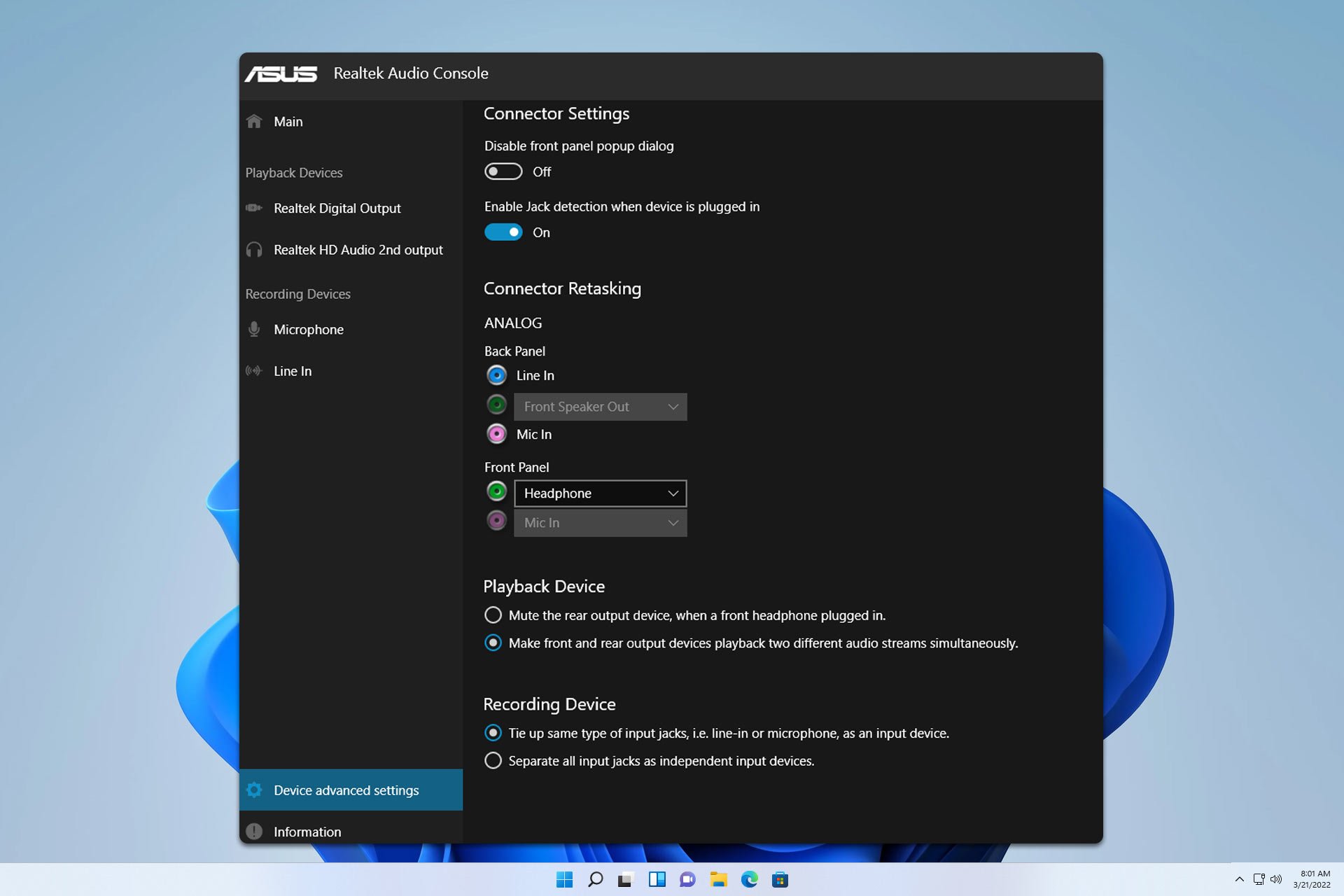
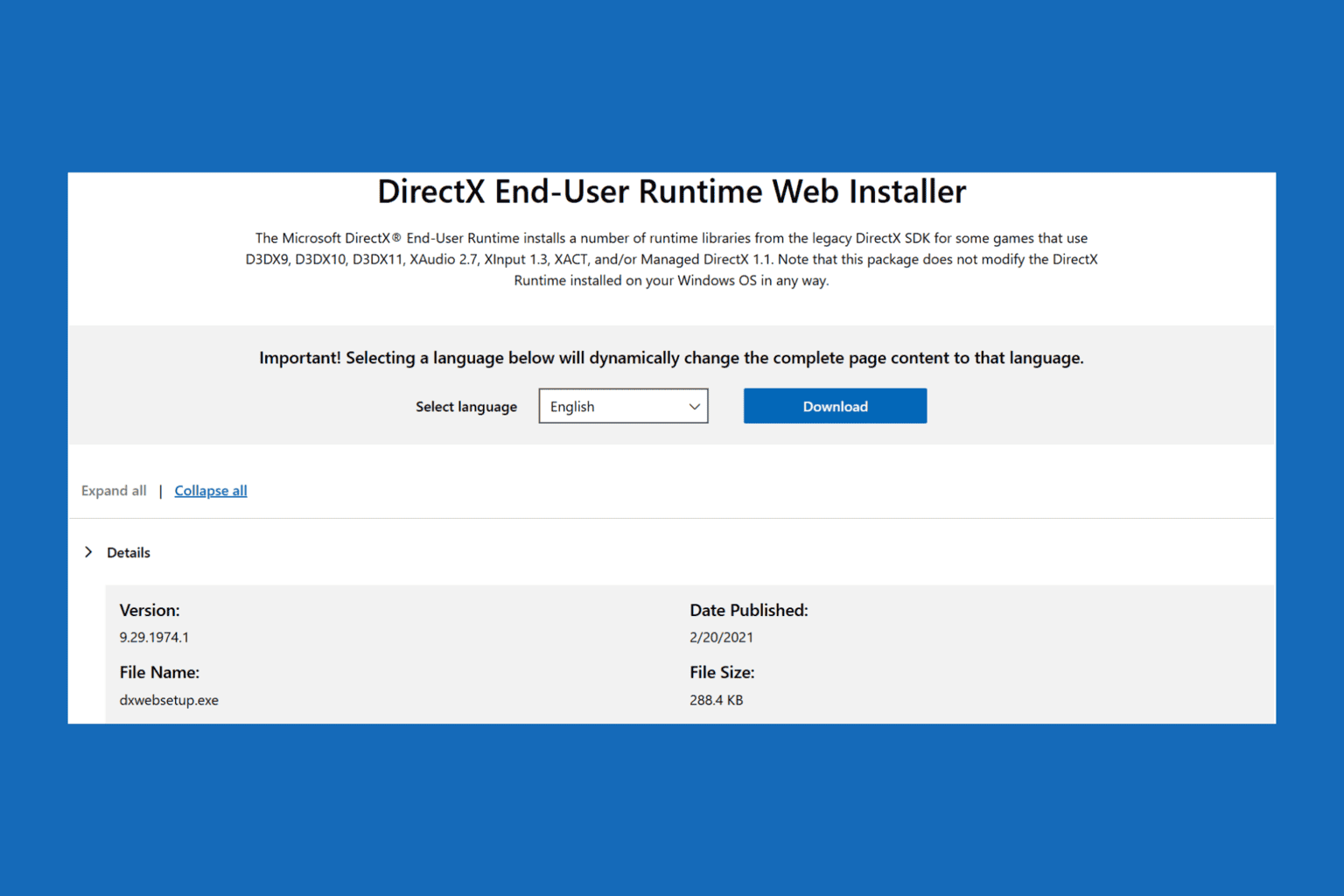
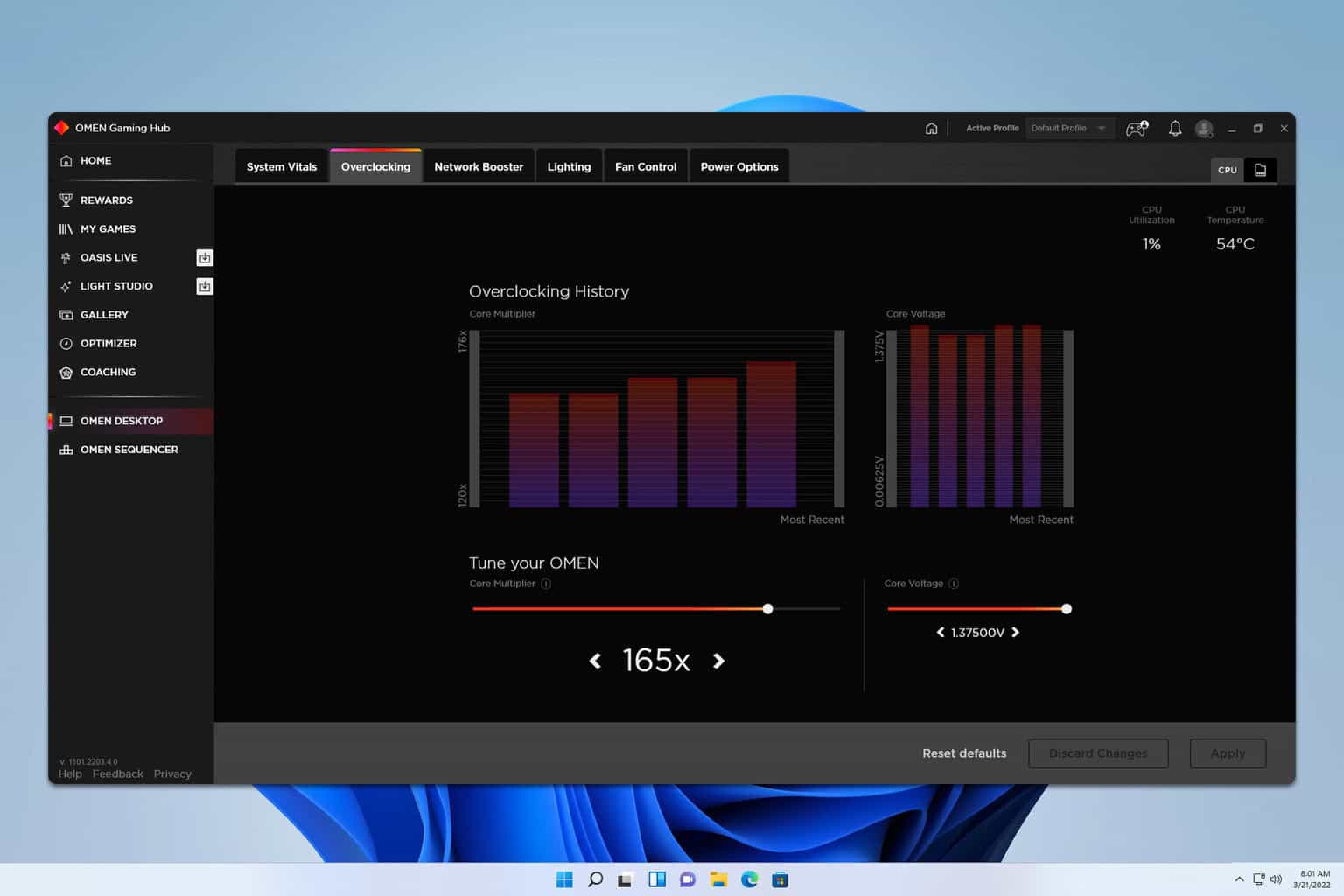
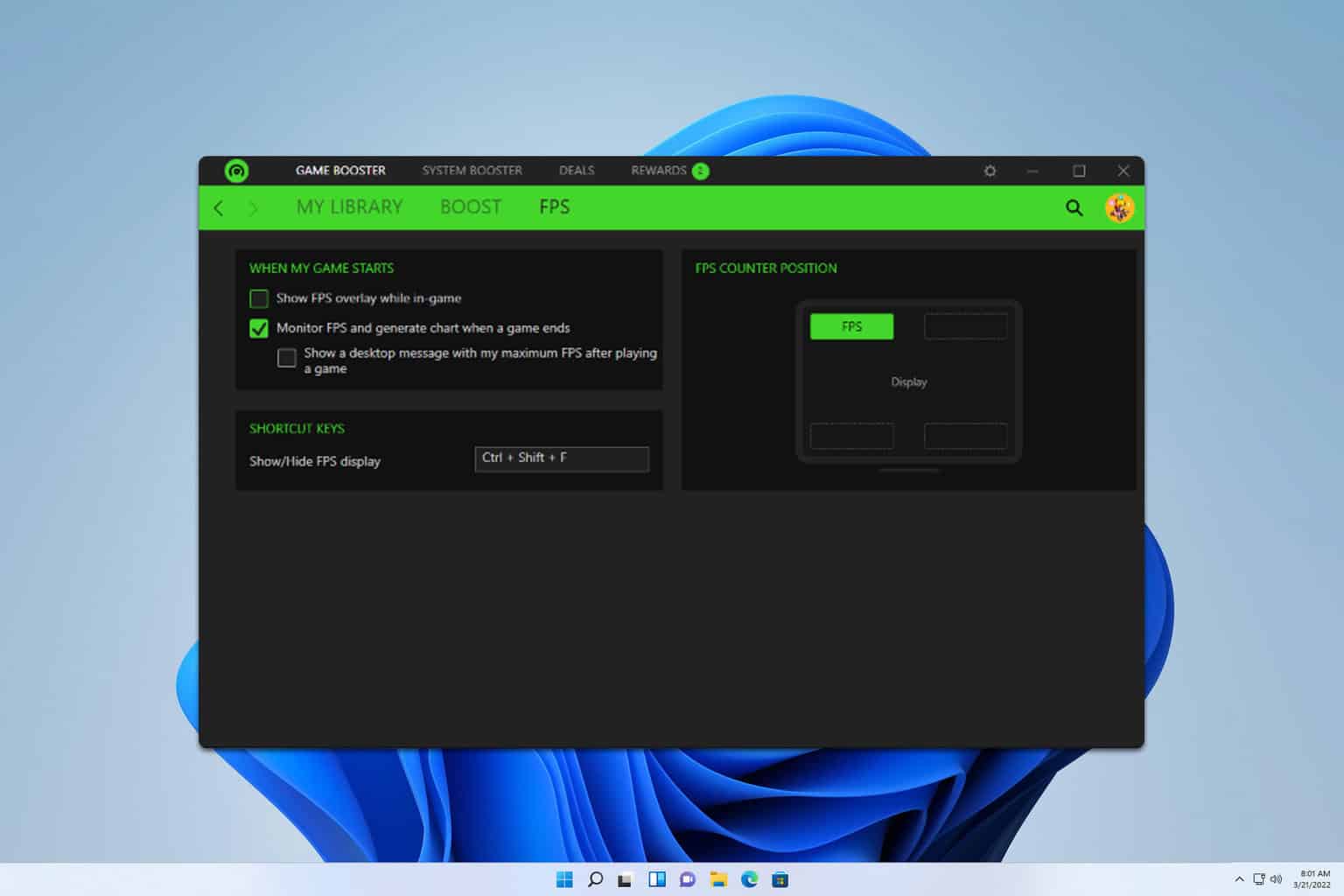
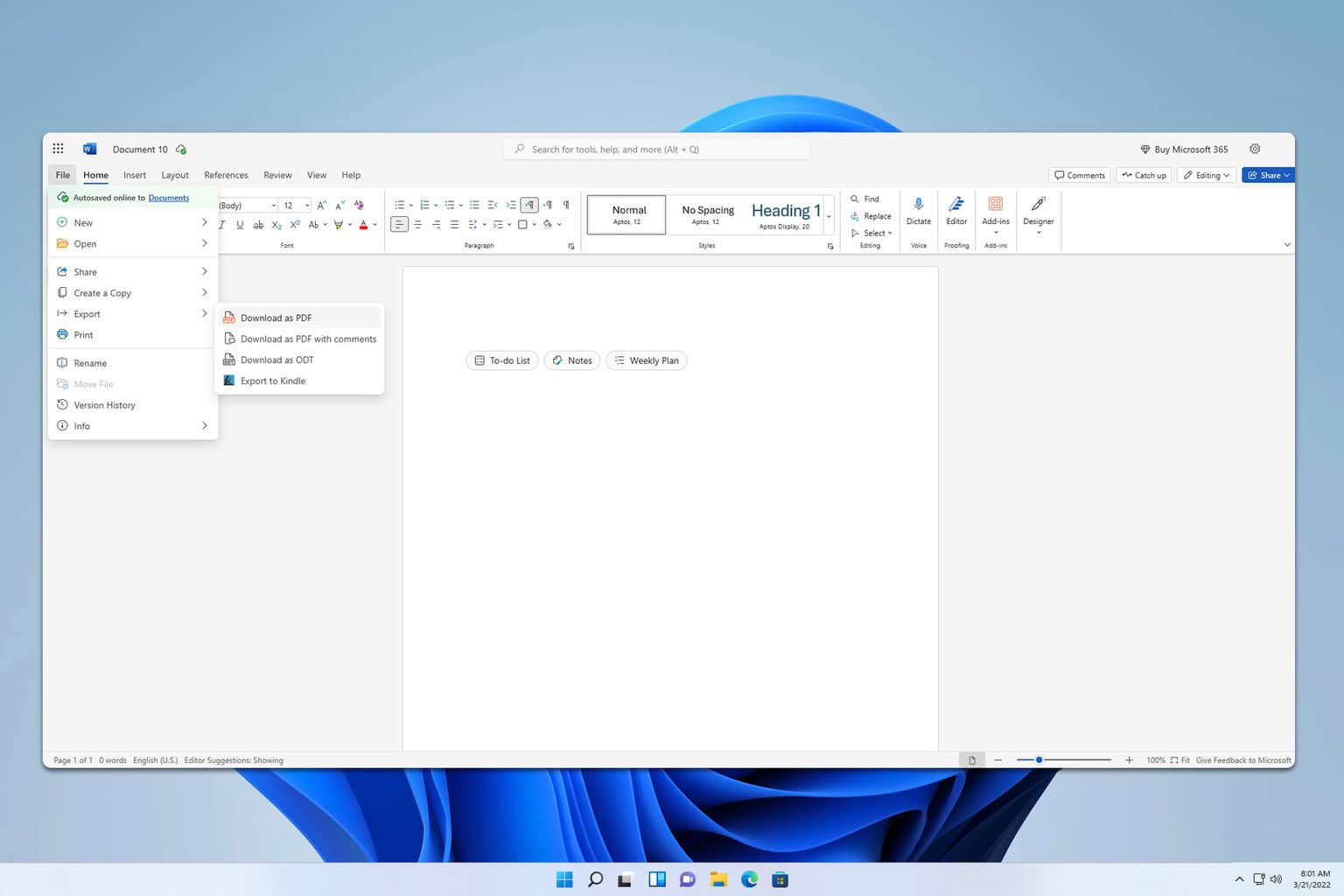
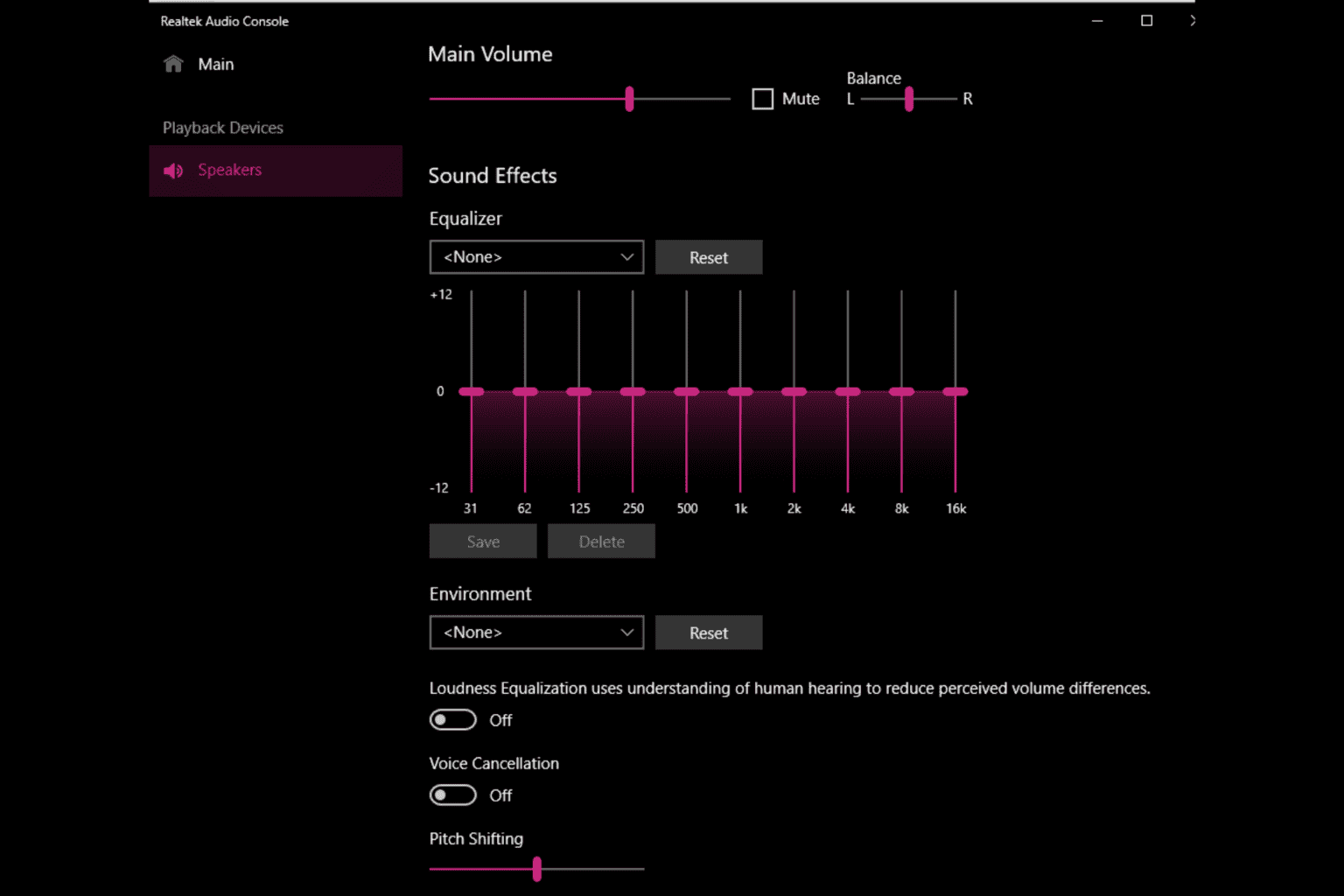
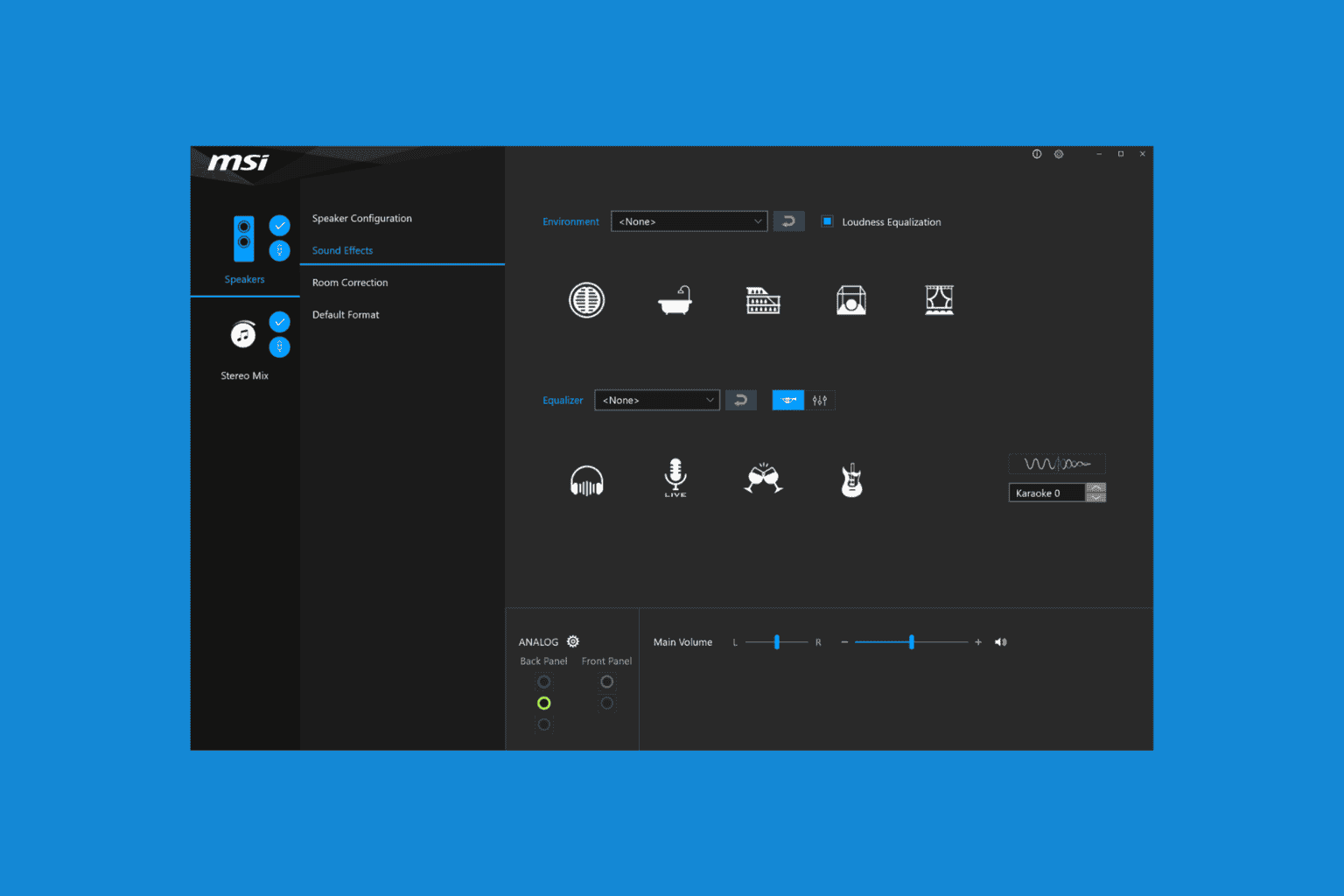
User forum
0 messages